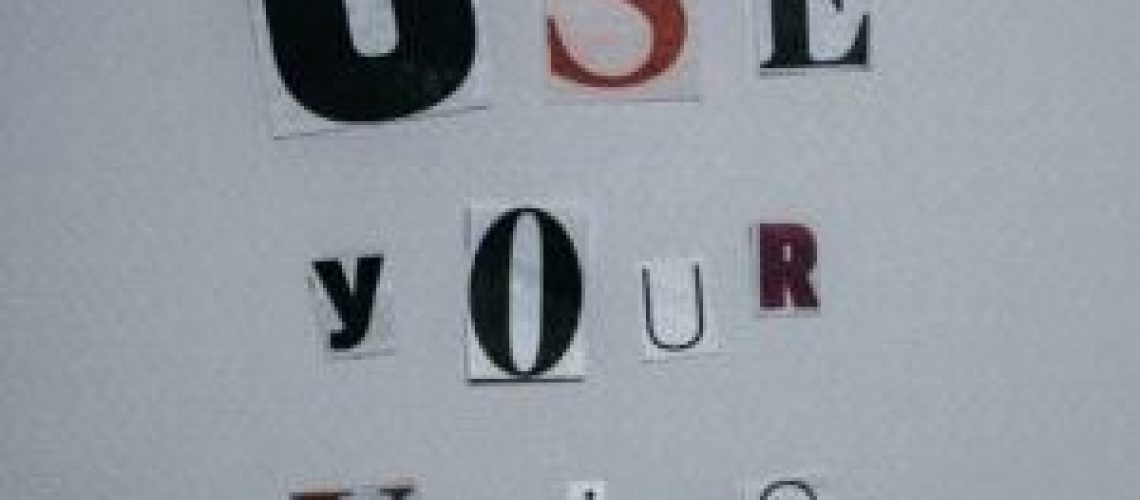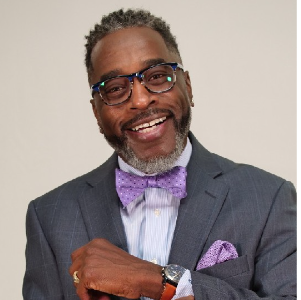On February 12th, Beth Swain (LPC), board member and therapist in private practice, facilitated a deeply moving and vulnerable talk on “Being Silenced, Finding Voice”. Beth started the talk by speaking to the feeling of being silenced. She acknowledged having always been fascinated by this topic once she realized she had kept silent about things. Many of us carry things for decades. Beth noted that she has often wondered why she stayed silent for certain things. Many of us as therapists have often had someone in our office tell us, “I’ve never told anyone this before”. Beth noted having always felt mystified by this question of “Why now?”.
A few years ago, Beth talked about seeing a woman in her practice who was weeks away from death, and wanted to share her story—things about her childhood that she’d never told anyone before. She said she wanted to tell these things, and be heard, before she died.
Beth then spoke to how being silenced is an archetypal pattern. There are many stories of people being silenced in history and mythology. History silences certain knowledge, and only some have access to history. Even our biology silences us. Most of us will know those times we’ve tried to speak, even scream, and our bodies counteract it with a clench, a freeze, or a lump in our throats.
Beth spoke to some of her own story. She grew up with five siblings. There were many things they witnessed and didn’t speak about. She remembered her grandmother lunging at her father with a knife. She and her siblings fled, and she remembers waiting in the woods until her father welcomed them back inside, and they spoke nothing of it.
When she was in graduate school, Beth recalled an incident where she and a few other students were discussing a chapter on the silencing of women. A man in the group said he didn’t understand this—his wife did all the talking. Another man agreed. Beth spoke up, and said that “It’s something different, it is the times women are dismissed for sharing a viewpoint”, to which the man responded, “That’s ridiculous”.
After the class, Beth went out with a friend where they talked about the times they’d been silenced. They noticed the irony that they had been challenged in the exact moment about this, yet they didn’t speak out or respond. Something had come over them. Beth decided to call the professor to talk about the incident. The professor responded, “Beth, you must have been mistaken, he’s such a nice man”. And the teacher followed, “You seem a bit down lately. I wonder if you’re depressed. Do you think you have some issues with men?”. At that, Beth became quiet.
We are silenced when we feel we will rock the boat. This is not just about being quiet, but rather the times we are oppressed. This leads to a kind of existential despair when our experiences are not heard. We are left isolated. Even our very person can seem unacceptable.
Beth shared two poems. “Why do they shut me out of heaven, do I sing too loud?” -Emily Dickinson. Another read, “Too many women in the world speak the same language of silence”. And Beth clarified, this is not just a gender issue, but an archetype.
An archetype is a cluster of behaviors and attitudes which come together to form a pattern. Jung spoke about this. Dr. Conforti, too, spoke about the energy field of an archetype. We know its presence by observing its effects. Thinking back to the classroom, Beth said, she felt its effects.
Jung also believed we were born into these patterns. The resonance of these archetypes is stored in the psyches of individuals and families for generations. For example, an orphan archetype—as each individual is orphaned, they enter a pre-existing condition embedded in an archetypal field. The dynamic may be more at work influencing a family and a person. When Beth is listening to a person’s story, she asks herself, “What drama is the story a part of?”.
There was also the synchronicity that before the first time she gave this presentation, she had laryngitis. Beth noted that at the time of her birth, her mother had been silenced. Her father had decided to leave his job and that they would all be moving. He didn’t ask if her mother wanted to, in spite of being at the end of a pregnancy and having to leave her own job and home. Beth was told that during her birth, she too was silent. She didn’t cry. At the same time, her mother was held down, as women were kept from seeing their infant if they might not live. It just so happened that two days before, the hospital had gotten a resuscitator. Coincidentally, Beth had been born two weeks overdue. If she had been born on time, she mused, she would not have survived. She was born into silence, she said, but the energy of life was stronger.
Our work in counseling is all about helping people find voice. A few years ago, Beth saw a woman who had felt silenced for many years. She lived in a home she hadn’t chosen. The house was decorated by her husband for his business gatherings. Nothing reflected her. When she tried to speak up, it would turn into a fight. This was also reflected in the woman’s history. As a child, the woman had spoken up about a sexual abuse. The court ruled in the man’s favor, and the family fell into a sort of disgrace in the community. The father became increasingly unstable. The woman’s siblings resented her. She had learned a lesson about speaking up. It also turned out that the woman was in remission for throat cancer. She told her doctor she was worried if she stayed silent, the cancer would come back. The doctor wouldn’t hear it. As she and Beth continued their work together, the woman began to identify with the child part of her that had been silenced so young. She began to notice a different perspective. The silence couldn’t get her so much any more.
Today, we see so many examples of people speaking out against injustice. When you can see the meaning in speaking out, when you can see that you are on this planet to do something about this struggle, it can help. For Beth, this had a great deal of meaning. It points toward mastery. We can fall into these patterns and when we realize it, it can be disheartening, but we can learn to recognize it like an alert.
When Beth looks at it from an EH perspective, much of our work is around voice. Getting practical, this looks like providing a safe place through which someone gets to exist within our practice of unconditional positive regard. We can help people to identify the patterns. We can support a shift in alignment for the pattern. Rather than “oh no”, we can see, “this is that uninvited guest back again”. Beth even spoke to experiencing this as she prepared for the presentation that day. She started to doubt herself and her words. So she called Bob, EHNW’s past president and founder, and a friend to many. They talked and they laughed, and it broke the spell.




